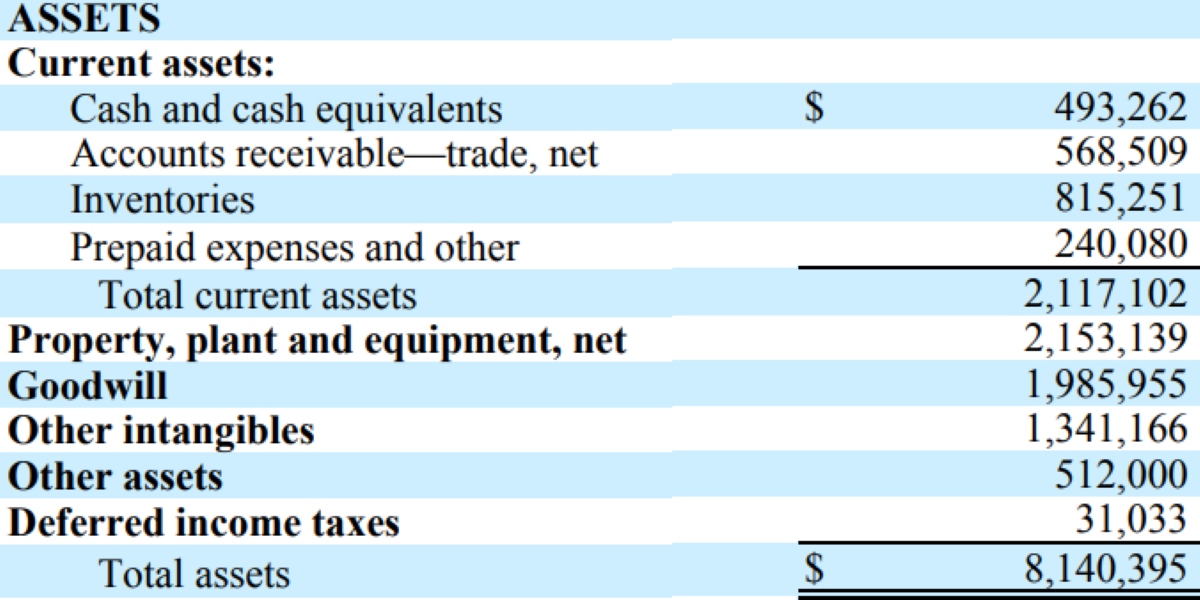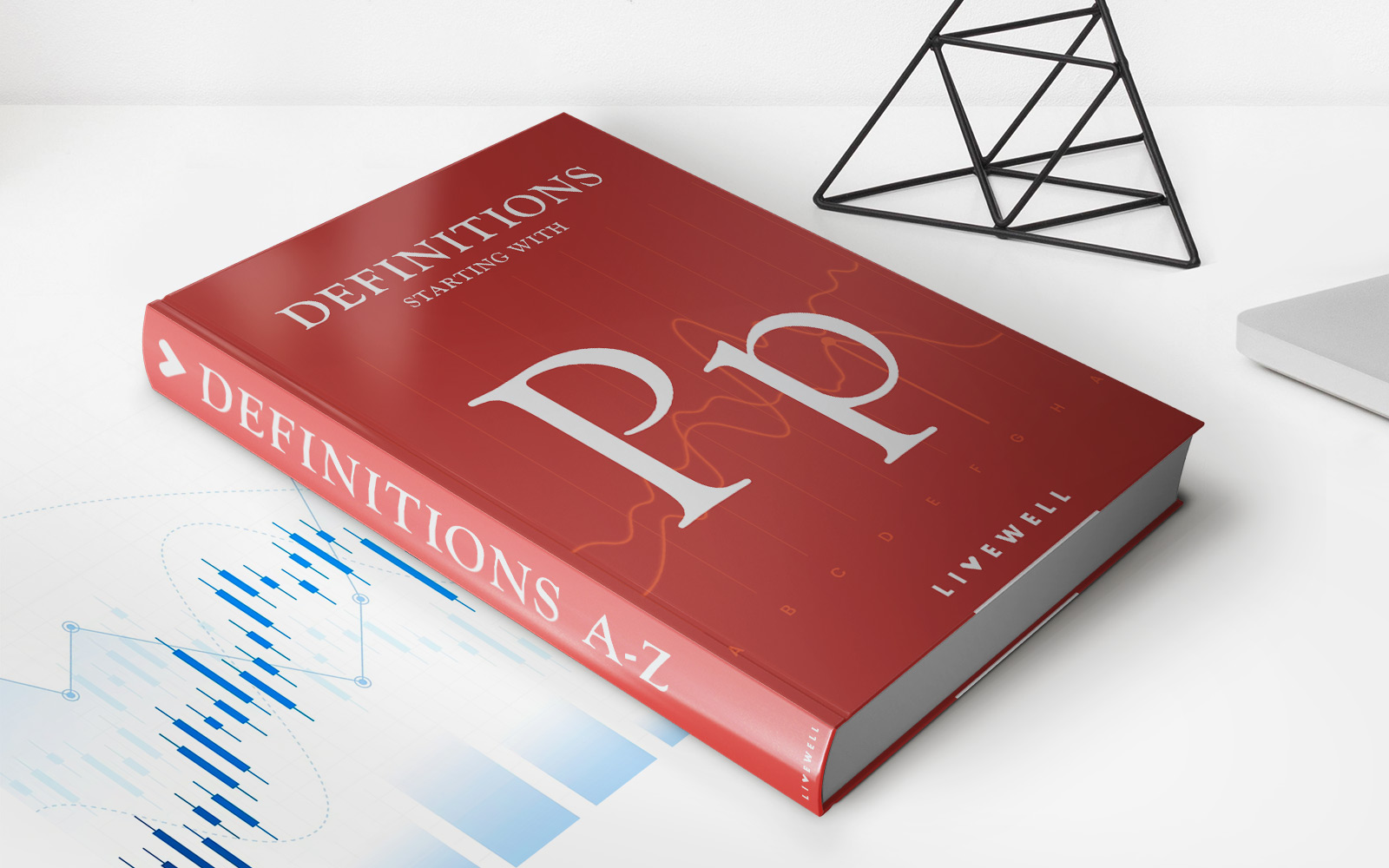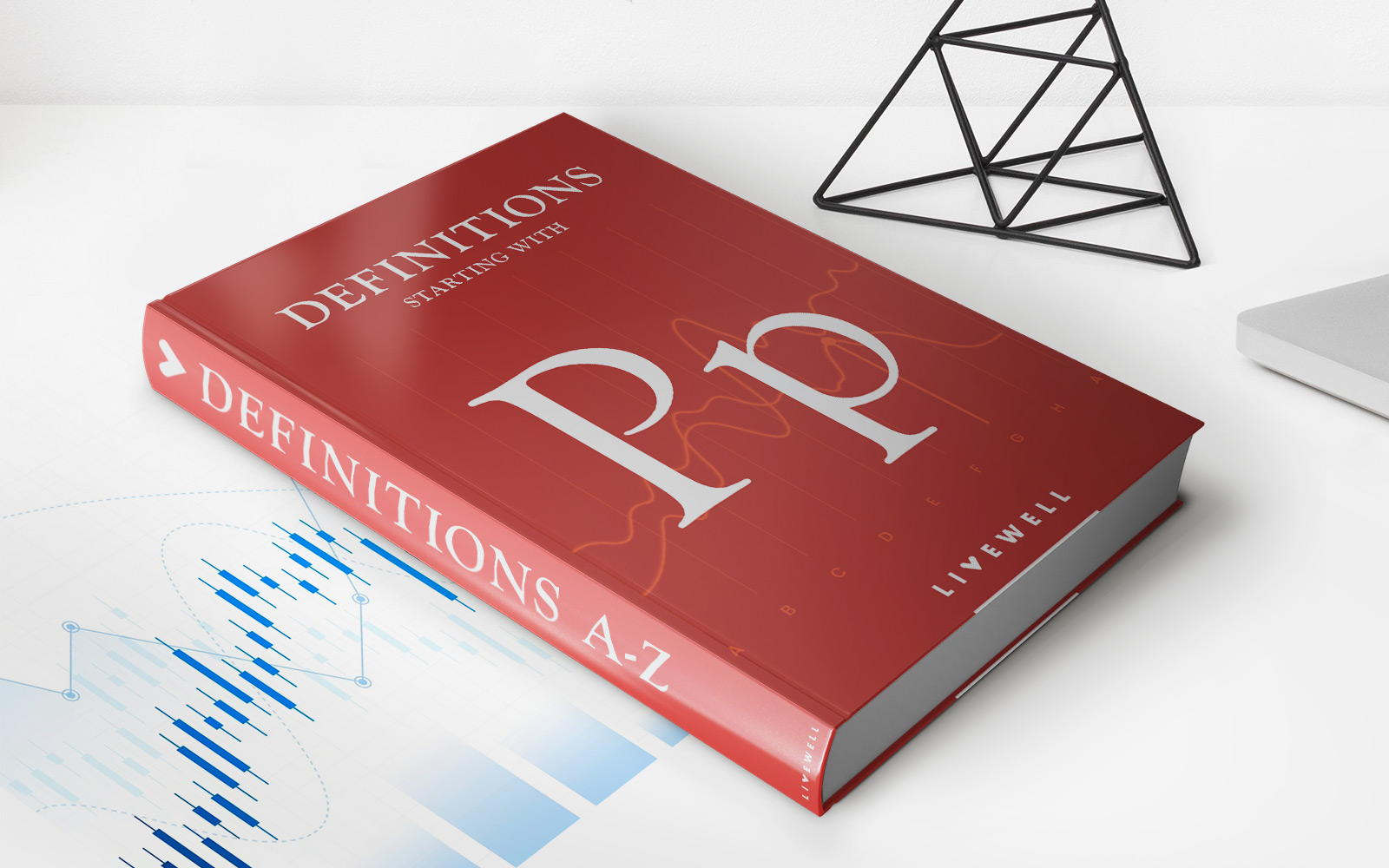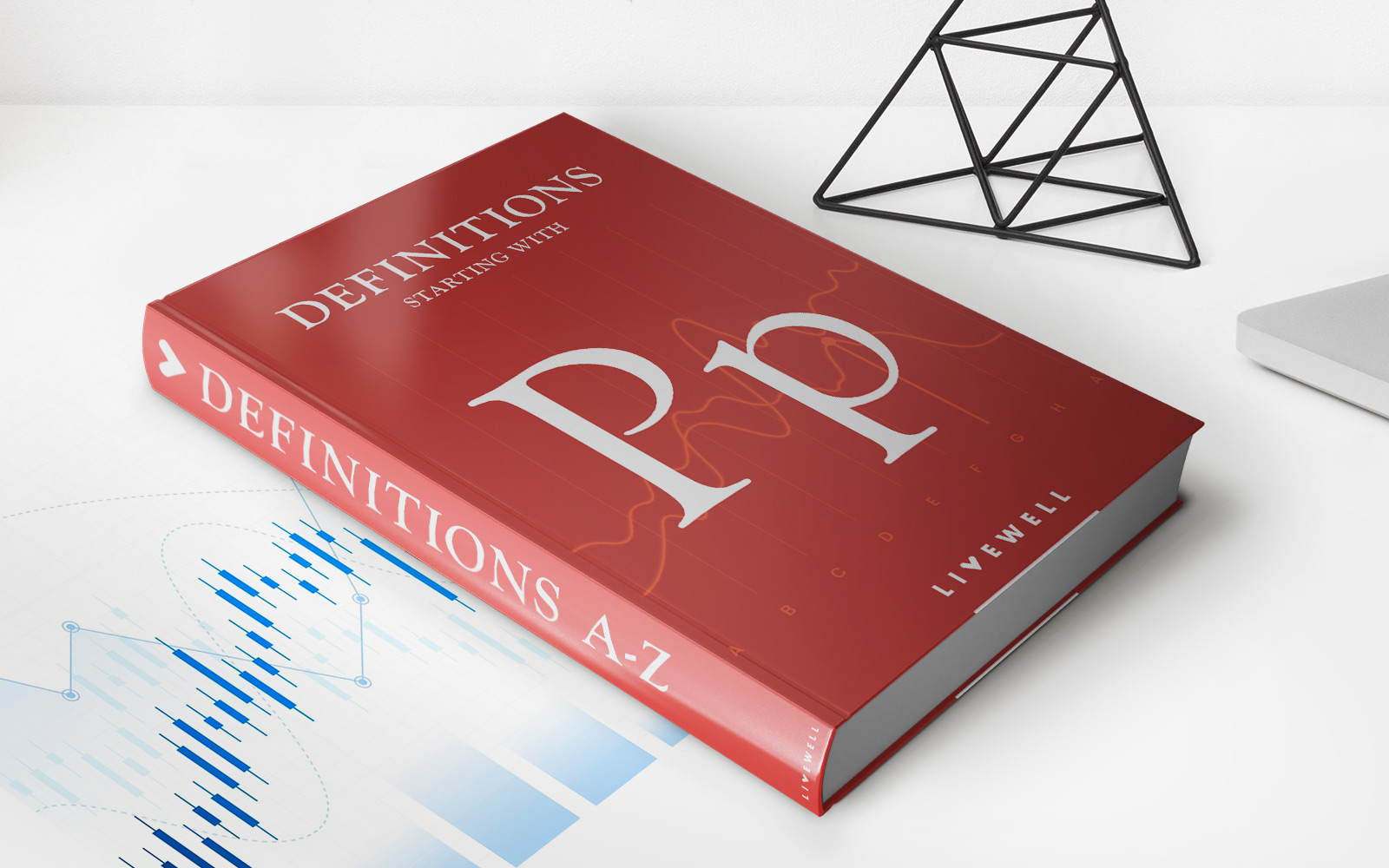

Finance
Prepaid Expense: Definition And Example
Modified: February 21, 2024
Prepaid expense in finance explained with definition and example. Understand the concept of prepaid expenses and how they impact financial statements.
(Many of the links in this article redirect to a specific reviewed product. Your purchase of these products through affiliate links helps to generate commission for LiveWell, at no extra cost. Learn more)
Welcome to the World of Prepaid Expenses!
When it comes to managing your finances, understanding different concepts and strategies can be key to success. In this blog post, we will delve into the concept of prepaid expenses. What exactly are prepaid expenses, and why are they important in the world of finance? Let’s discover together!
Key Takeaways:
- Prepaid expenses are payments made in advance for goods or services to be received in the future.
- They are listed as assets on a company’s balance sheet until the goods or services are consumed.
What are Prepaid Expenses?
Prepaid expenses, also known as deferred expenses, are payments made in advance for goods or services that will be received in the future. These expenses are considered assets on a company’s balance sheet until the corresponding products or services are consumed or utilized.
Imagine you are planning a trip to your favorite beach destination. Before you leave, you decide to book your accommodations in advance, paying for the hotel stay upfront. This upfront payment is an example of a prepaid expense. The hotel reservation payment is made before you actually use the hotel room and is recorded as a prepaid expense on the hotel’s ledger.
Why are Prepaid Expenses Important?
Prepaid expenses play a crucial role in financial planning and budgeting, both for individuals and businesses. Let’s explore a few reasons why they are important:
- Accurate Financial Reporting: Prepaid expenses ensure that financial statements accurately reflect the allocation of expenses over time. By recording prepaid expenses, companies can match the expenses to the corresponding period in which the goods or services are used, providing a clearer picture of income and expenses for decision-making purposes.
- Improved Cash Flow Management: Paying for expenses in advance helps businesses manage their cash flow effectively. By anticipating and prepaying expenses, businesses can better plan their budgets and avoid potential liquidity issues in the future.
- Enhanced Budgeting: Prepaid expenses allow individuals and businesses to allocate funds for future expenses, making it easier to budget and ensure that money is set aside for essential costs.
Example of a Prepaid Expense
Let’s dive into an example to further illustrate the concept of prepaid expenses. Imagine a small business that pre-pays their annual insurance premium for $10,000. At the time of payment, the business records this as a prepaid expense on their balance sheet.
Over the course of the year, as each month passes, the business adjusts their accounts by recognizing $833.33 ($10,000/12) as insurance expense. This method ensures that the expense is recognized in the same period or timeframe that the insurance coverage is provided.
In this example, the prepaid expense helped the business accurately reflect their ongoing insurance costs on their financial statements, providing a clearer picture of their profitability and financial health.
In Conclusion
Prepaid expenses are an essential concept in the world of finance. Understanding and effectively managing prepaid expenses can lead to accurate financial reporting, improved cash flow management, and enhanced budgeting. Whether you’re an individual or a business, incorporating prepaid expenses into your financial strategies can help you plan for the future and make informed decisions.
We hope this blog post has given you a better understanding of prepaid expenses and their significance. If you have any questions or would like to learn more about financial management, feel free to explore our finance category for more informative articles!














